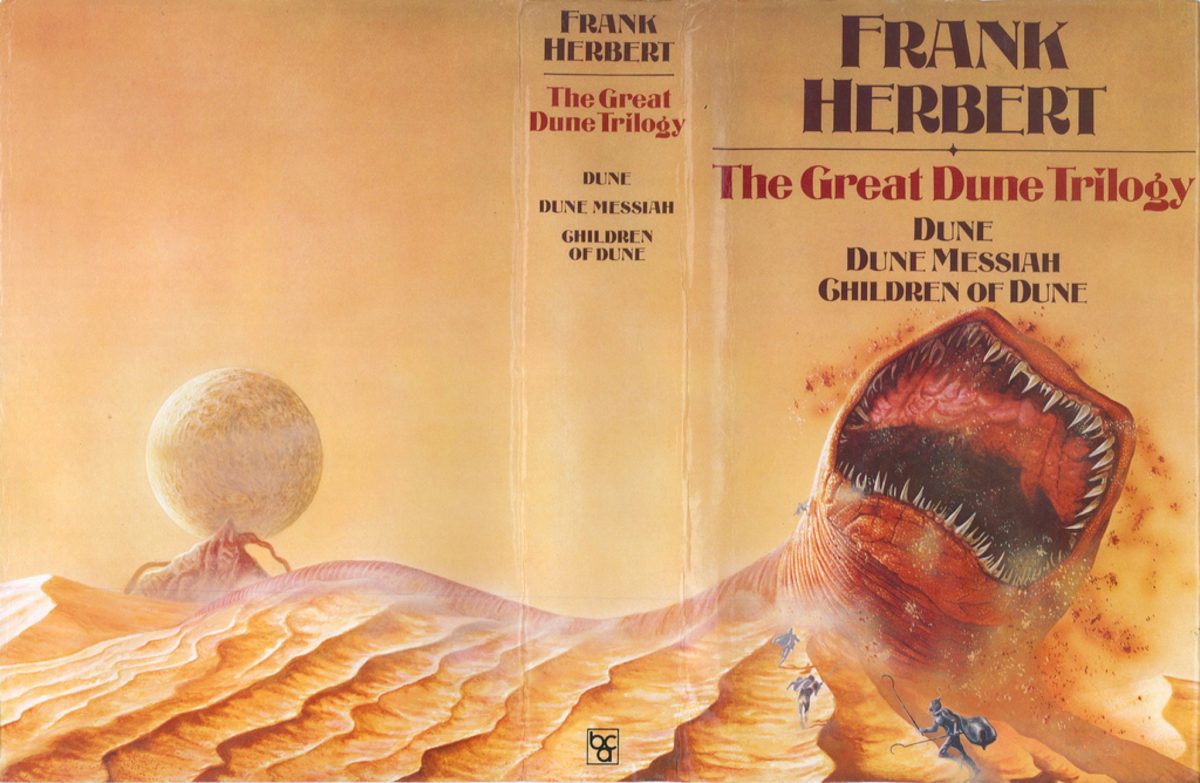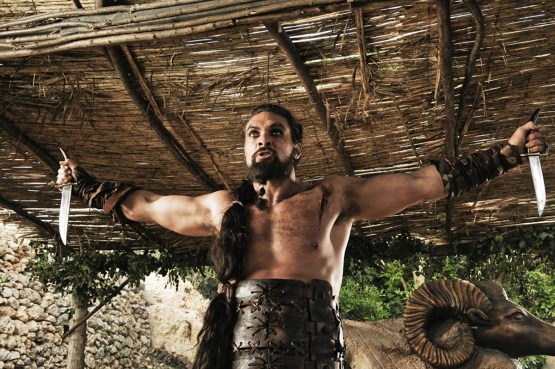Adapting the Dune Sequels Is Essential to Understand the Story


The 1965 novel Dune, by Frank Herbert, will make its way on to screens this winter, allegedly released in two parts in order to fully encompass all of the novel’s themes. Yet, I’d argue that in order to really understand Dune, you need to, at the very least, also adapt the Dune Messiah.
**Spoilers for the Dune book series.**
When we begin Dune Messiah, twelve years in-universe after the events of the first book, 61 billion people perish due to the jihad that Paul unleashes onto the world using his Fremen army. He is damn near all-powerful, but he still cannot put the proverbial genie back in its lamp.
One of the things that often comes up in the discussion of Dune in the modern day is how a lot of stereotypes and coding of the Fremen is anti-Arabic (see: jihad), and that Paul gets put into this Mighty Whitey position where he uses these “savage” people and their faith in order to get revenge on another house. What I’ll say before you go to get your pitchforks out at me is that while I do think that Frank Herbert put a lot of intentional things in the book to challenge the reader, I also think that there’s validity to the criticism. Acknowledging that doesn’t have to take away anything from the book—unless you are annoying about defending the book, and then just make this harder for everyone else.
As you go forward in the series, it becomes more and more clear that Paul and his successor and son, Leo, who becomes the God-Emperor of the universe, have the Fremen engage in wanton destruction and rape. The savagery of the Fremen is supposed to be held up in sharp contrast to the evil, but the more feudal-style “civilized” evil, that existed before. Where have I heard that recently?

Oh, right. (Remember, kids, Dune is a trope-maker, not a trope-follower.)
Anyway, while the depiction of the Fremen will always be problematic because they are not often given a real voice in the overall series (and yes, I know that Leo is half Fremen because of his mother), but it is important that we see that that the actions Paul took are not only harmful, but lead to like a billion years of villain protagonist rule (really just 3,500 years, but still). The books are filled with reasons as to why a chosen one is dangerous for both the people who follow them and the person themselves. No one person should be able to have so much power, and Dune lifts up its hero to divine heights in order to bring it all back down in the end.
In fact, it is Paul and his presence that corrupts. It corrupts his family, it corrupts the people who follow him, and it corrupts the universe itself. But in order to get there, you need to get past Dune, which can be hard because it does craft this powerful cast of characters only to make you turn against them. But that’s the actual story Hebert was trying to tell in the original series, even though it is bittersweet. So, I hope that if we can’t get a film adaptation of the entire series, we at least get Dune Messiah, because at least with those two novels you can end the film series on a more thoughtful note.
Also, unless you read the whole series, you don’t realize that the actual “hero” of the Dune series is Duncan Idaho, a character who “dies” in the first book.
Want more stories like this? Become a subscriber and support the site!
—The Mary Sue has a strict comment policy that forbids, but is not limited to, personal insults toward anyone, hate speech, and trolling.—
Have a tip we should know? [email protected]
